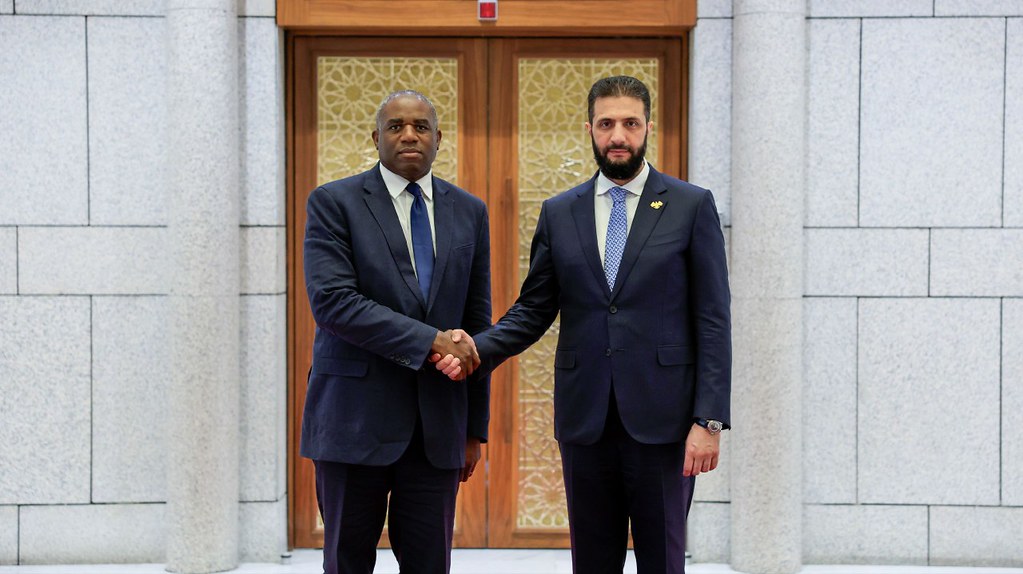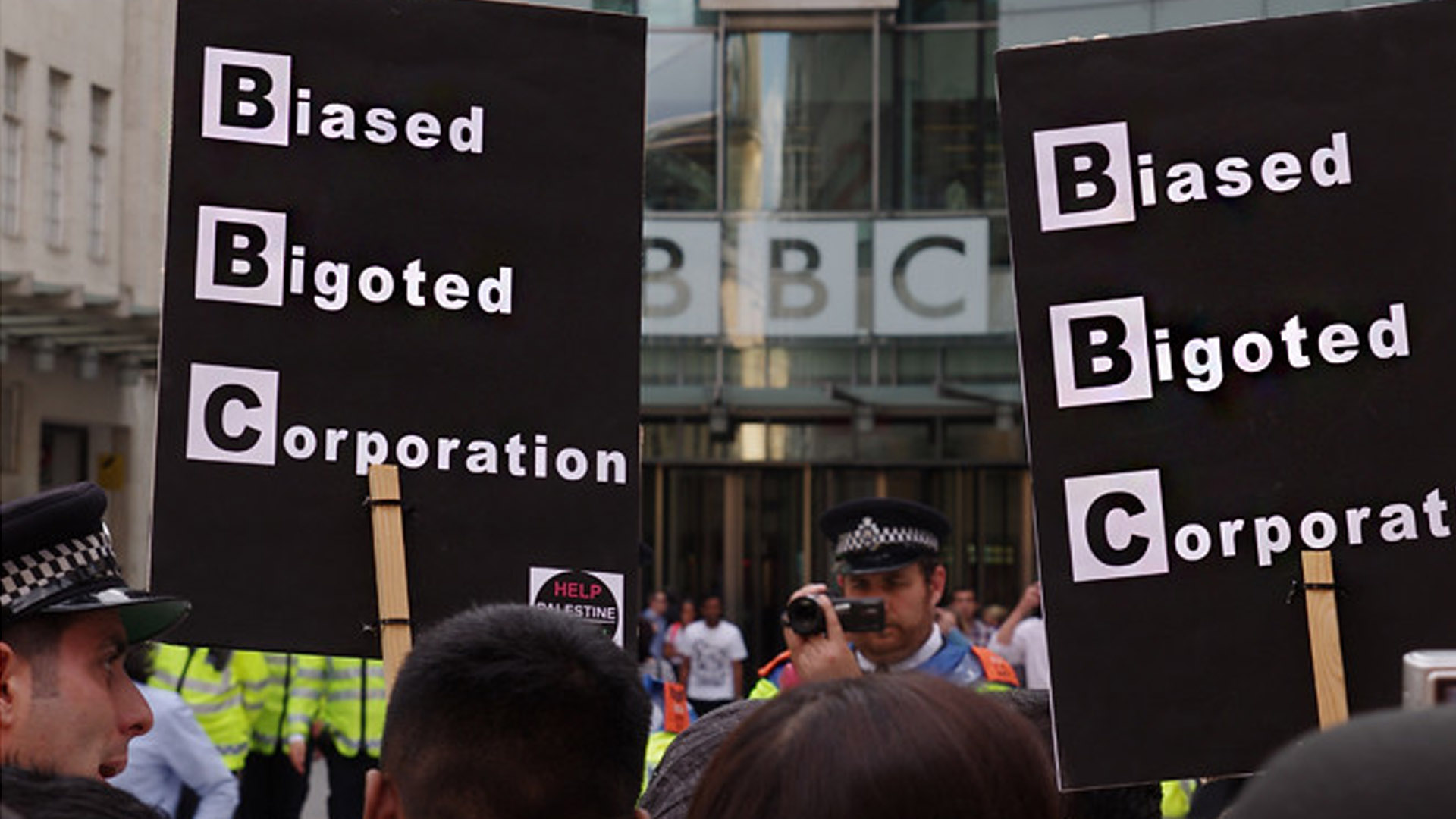
Elham Asaad Buaras
In a landmark shift in foreign policy, the UK has re-established diplomatic relations with Syria after a 14-year hiatus. The move was formalised on July 5, when Foreign Secretary David Lammy became the first British minister to visit Damascus since 2011.
Lammy met with Syria’s transitional President Ahmed al‑Sharaa and Foreign Minister Asaad al‑Shaibani, marking the UK’s official re-engagement with the country following the ousting of former President Bashar al‑Assad. Assad’s regime fell on December 8, 2024, following an offensive led by al‑Sharaa’s Hayat Tahrir al‑Sham (HTS) armed group.
Speaking during his visit, Lammy said, “As the first UK minister to visit Syria since the fall of Assad’s brutal regime, I’ve seen firsthand the resilience of Syrians rebuilding their country.” He praised the “remarkable progress” Syrians have made in the months since Assad’s removal and described the renewed UK-Syria ties as vital for regional security and long-term stability.
During the visit, Lammy announced a £94.5 million assistance package to support Syria’s reconstruction, which will fund humanitarian relief, education, economic development, and assistance for countries hosting Syrian refugees. He also met with civil defence volunteers from the White Helmets—a group long supported by UK aid—and visited women-led enterprises backed by British development programmes. These engagements, he said, reflected the UK’s commitment to “a stable, more secure, and prosperous future for all Syrians.”
The diplomatic thaw follows a gradual rollback of sanctions imposed during Assad’s rule. On March 6, the UK lifted restrictions on two dozen Syrian entities, including banks and oil firms. This was followed by a second round on April 24, easing sanctions on a dozen more entities—among them state institutions and media outlets—aimed at facilitating reconstruction and international re-engagement.
Lammy emphasised that “the fall of Assad presents an opportunity for the new Syrian government to fully declare and destroy Assad’s evil chemical weapons programme.”
He stressed that a stable Syria would not only curb irregular migration to Europe and reduce the threat of terrorism but also help eliminate remaining stockpiles of chemical weapons. In a video message from Damascus, he added, “It matters that it’s stable, because if it’s not, the terrorism that can happen here washes up on our own streets back at home.” He also noted that many in the UK were moved by the images of Syrians celebrating the fall of Assad and expressing hope for a peaceful new chapter.
Lammy’s Syria visit was part of a wider Middle East tour, which also included Lebanon, where he met with President General Joseph Aoun in Beirut. Their discussions focused on reinforcing the ceasefire with Israel and expanding the deployment of the Lebanese Armed Forces across the southern region.
The UK’s re-engagement with Syria comes just days after US President Donald Trump signed an executive order on 30 June 2025 to dismantle key US sanctions on Syria, which had long paralysed the nation’s economy under Assad. Syria’s Foreign Minister al‑Shaibani welcomed Trump’s decision, stating that it would “lift the obstacle against economic recovery and open the country to the international community.”
Despite the diplomatic breakthrough, Syria faces daunting challenges. Over 500,000 people were killed during nearly 14 years of civil war, and vast swathes of the country’s infrastructure remain in ruins. Lammy concluded, “This is a country that is ancient, made up of many different people. The future has to be an inclusive one. It has to be a peaceful one. And I hope for prosperity for all of the Syrian people.”
Photo July 5, Damascus, Syria — Foreign Secretary David Lammy meets with Syrian President Al-Sharaa. (Credit: Government of Syria/FCO Flickr)
Notice: This article is published exclusively online and does not appear in the page-flip edition


